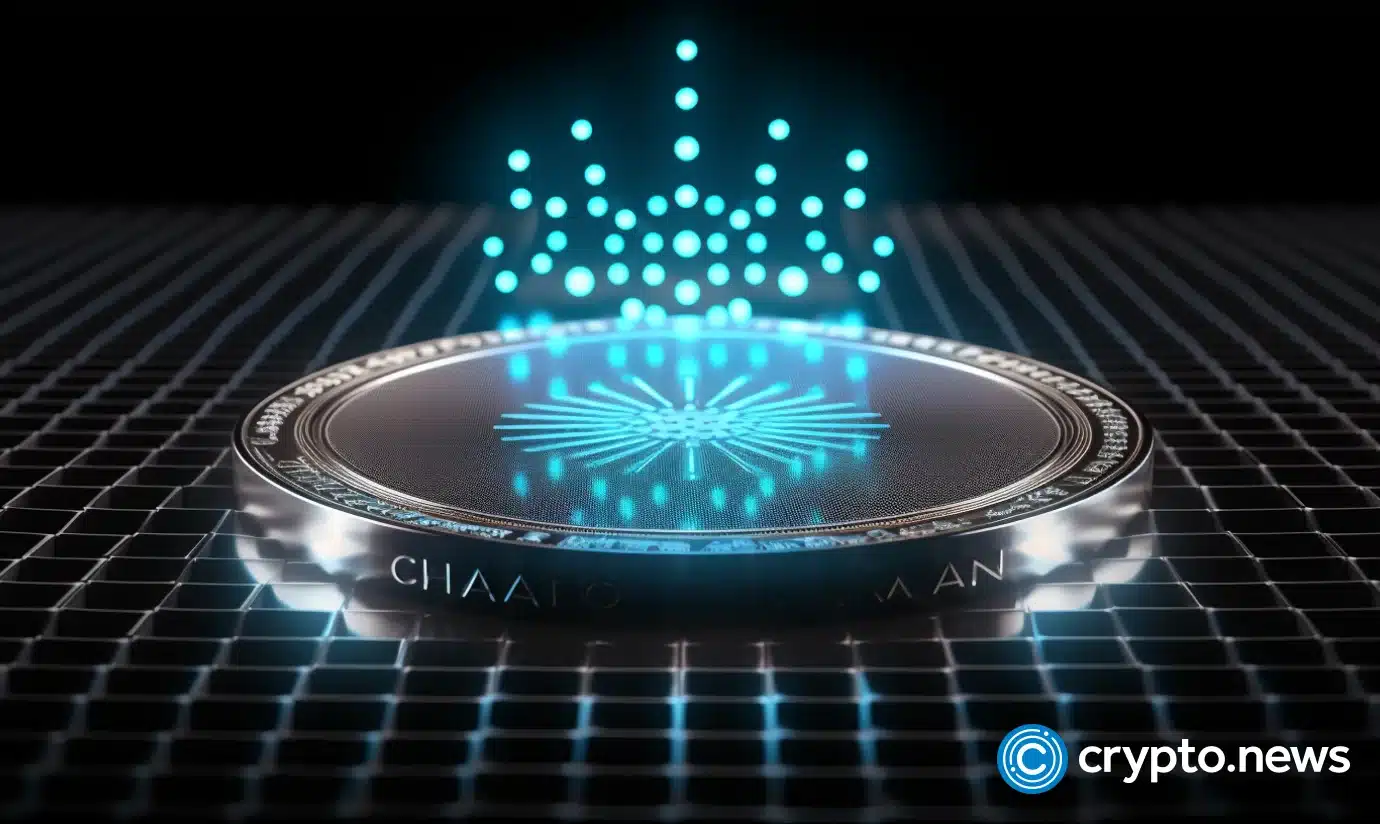
Cardano founder Charles Hoskinson spoke of “FUD (Fear, Uncertainty, Doubt)” about a development project called Hydra.
Hydra, a layer 2 scaling solution designed to inexpensively improve the transaction processing capacity of the Cardano blockchain, has been rumored to have been scrapped.
Hoskinson’s message conveyed a clear position: Hydra “has never been more productive and motivated.” See below:
Hydra within Cardano serves as an open source framework designed for writing off-chain ledgers. Cardano claims to offer developers increased efficiency in utilizing blockchain technology.
By facilitating the simultaneous processing of multiple transactions, this unique protocol operates through independent state channels known as Hydra Heads. These heads manage off-chain transactions, ensuring fast and efficient operations while maintaining Cardano’s decentralized principles.
Unlike certain scalability solutions that compromise decentralization, Hydra aims to safely scale Cardano’s network by accommodating the addition of more heads as the network expands.
Hydra promises improved scalability and efficiency, but its success will depend on its adoption by developers, enterprises, and users to take full advantage of Hydra.
that much research paper Published by Cardano ADA, this book provides insight into the technical complexity of Hydra, highlighting its ability to transform blockchain technology.
The founders’ involvement aims to dispel misconceptions and highlight Cardano’s commitment to promoting interoperability with major chains such as Ethereum.
Hoskinson also used X to address rumors about World Mobile.
Grayscale omits Cardano from GDIF.
Grayscale’s Dynamic Income Fund (GDIF) recently excluded Cardano, sparking discussion within the cryptocurrency community.
Grayscale, a famous investment firm, introduced GDIF as a way to generate profits by staking cryptocurrencies.
The fund initially consisted of assets from nine blockchains, including Aptos, Celestia, Coinbase Staked Ethereum (CBETH), Cosmos, Near, Osmosis, Polkadot, SEI Network, and Solana.
GDIF aims to provide investors with exposure to multi-asset staking through a single investment vehicle by distributing rewards in US dollars on a quarterly basis.
The fact that Cardano is not participating in the fund has raised questions within the community. ADA’s rate of return was 3.05%, while the rates of return for other projects such as Osmosis and Polkadot were relatively low at 16.52% and 10.76%, respectively.
The decision to include Solana and Ethereum instead of Cardano in GDIF reflects Grayscale’s strategy of prioritizing projects with high returns and market capitalization.
With a combined value exceeding $540 billion, Solana and Ethereum are among the most traded coins on the market, so their inclusion is logical from an investment perspective.
Including this may increase the price and increase security against 51% attacks.
